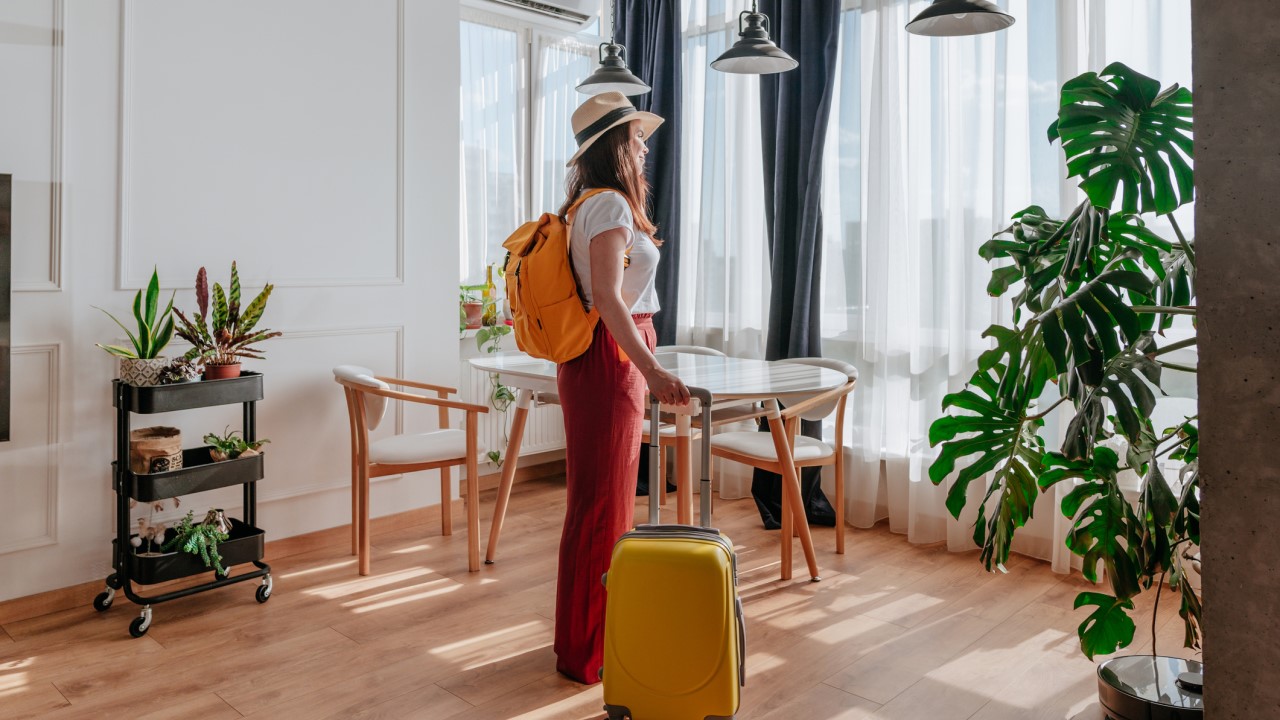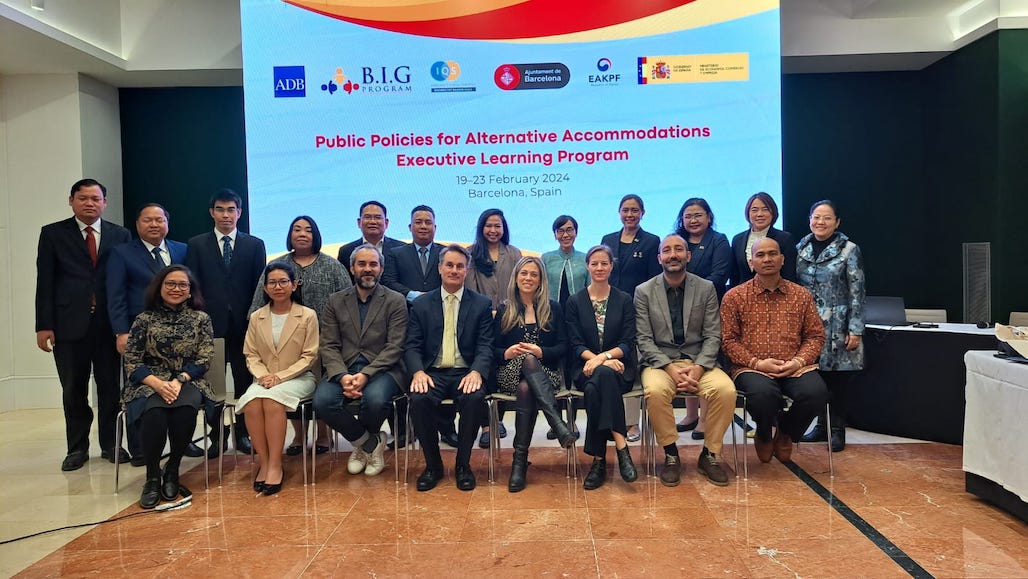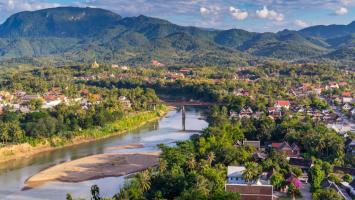
Alternative accommodations play an important role in bolstering a destination’s tourism competitiveness by offering unique and flexible lodging options. Photo credit: iStock/lithiumcloud.
Closing loopholes in the regulation of alternative accommodations would benefit the travelers, the state, and property owners.
In 2022, more than 300,000 alternative accommodation properties were booked across the region. These bookings made up a significant component of visitor spending in Southeast Asia, with data from short-term rental tracker AirDNA showing that at an estimated 40% annual occupancy, alternative accommodations generated more than $1.8 billion in 2022.
However, alternative accommodations are less formally regulated and typically not covered in existing tourism policies and legal and regulatory frameworks, according to a new report from the Asian Development Bank (ADB).
Benefits and challenges
The ADB report said alternative accommodations bring social and economic benefits but can create management challenges for destinations.
Alternative accommodations also play an important role in bolstering a destination’s tourism competitiveness by offering unique and flexible lodging options.
These types of accommodations cater to different budgets and travel preferences, thus helping to diversify visitor markets. “By supporting tourism accessibility, promoting community engagement, and generating supplementary income for property owners and residents, alternative accommodations complement traditional accommodation options like hotels and resorts and can contribute significantly to tourism diversification,” the report said.
However, when not properly managed alternative accommodations can negatively impact a destination by straining public services, creating a nuisance for residents, and eroding tax revenues, among others.
Need for regulatory interventions
Many governments are exploring how to develop alternative accommodations policies, regulations, and management approaches to strengthen consumer protection, prevent negative externalities, and capture forgone tax revenues.
Strengthening the alternative accommodations' regulatory environment is also important to improve business confidence and enable property owners to access funding and other resources, according to the report.
“To better harness the potential benefits and minimize negative impacts of alternative accommodations, destinations must have appropriate and effective regulations in place to maintain safety and quality standards, ensure fair competition, and strengthen destination governance in alignment with local socioeconomic development and environmental management objectives,” said Steven Schipani, principal tourism industry specialist at ADB’s Southeast Asia Department.

Learning program
Building on the report’s findings, in February 2024, ADB organized the executive learning program “Public Policies for Alternative Accommodations” to strengthen the capacity of mid- and senior tourism officials in Southeast Asia in formulating policies that strengthen alternative accommodations registration and licensing, safety and quality standards, and fair competition and taxation in support of local economic development, while minimizing impacts on residential housing.
The program was held in Barcelona, Spain and supported by the Spanish Cooperation Fund for Technical Assistance and the Republic of Korea e-Asia and Knowledge Partnership Fund under ADB’s Southeast Asia Sustainable Tourism Facility.
The learning program featured experts from ADB, the Barcelona City Council and Department of Tourism and Creative Industries, Barcelona Association of Tourist Apartments, and Ramon Llull University, among others. One of the program’s key features is a toolkit to help governments develop policies for alternative accommodations, taking into account the different needs and capabilities of each country in the region.
“The toolkit is not prescriptive, rather a ‘process guide’ to help tourism policymakers and planners navigate the challenges and opportunities commonly associated with alternative accommodations policy formulation,” said Pamela C. Asis-Layugan, institutional and capacity development specialist (ADB consultant) and co-lead trainer.
The toolkit provides guidelines and steps to help prepare results-driven public policies and regulations. It also highlights some practical tips for identifying key actions to promote the integration and formalization of alternative accommodations.
Policy considerations
When formulating policies, the ADB report urged countries to consider the following:
- Make registration easier. Alternative accommodations should be clearly defined and have simple online registration systems and licensing requirements to foster the private sector’s ability and willingness to register their property. A simple online registration system paired with codes of conduct is good practice. Critically, even simple registration systems require defined categories under which alternative accommodations can apply.
- Support enforcement capacity. Enforcement capacity is a challenge for almost all countries in the region. Building government enforcement capacity (or if delegated to the private sector, capacity to self-enforce), streamlining the number of regulatory agencies to reduce friction, and establishing partnerships between the government and industry are important steps to address this challenge. Engaging private online alternative accommodations platforms to help enforce licensing and taxation requirements by listing only licensed properties and collecting and remitting accommodations-related taxes would create incentives to boost regulatory compliance.
- Increase access to quality data. Formulation of quality regulatory solutions requires access to data and other information. The data may be managed by different government agencies or owned by private online platforms. Policies to strengthen collaboration across public sector agencies, and with private platforms to access and analyze tourism and accommodations data is therefore critical for developing a comprehensive understanding of the alternative accommodations ecosystem, and insights about how to better manage it.
This article was first published by BIMP-EAGA on 18 March 2024.

BIMP-EAGA
The Brunei Darussalam–Indonesia–Malaysia–Philippines East ASEAN Growth Area, or BIMP-EAGA, is a cooperation initiative established in 1994 to spur development in remote and less developed areas in the four participating Southeast Asian countries.
